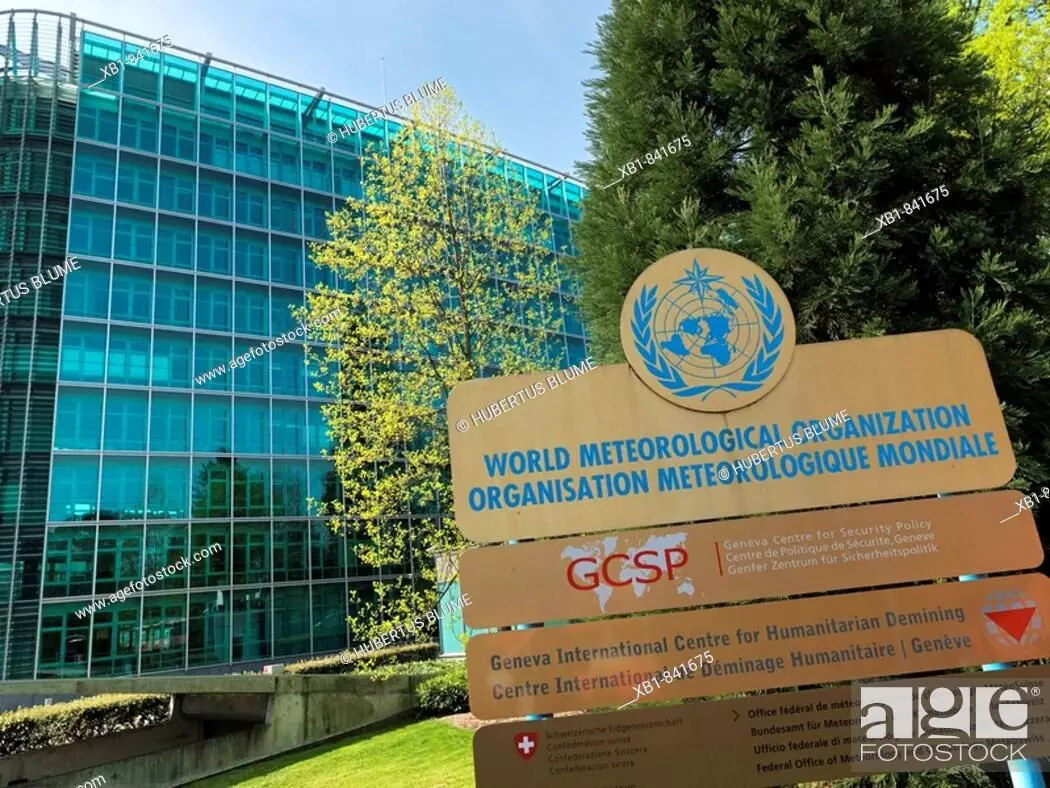- Home
- /
- More
- /
- Weather/Climate
- /
- WMO laments impact of...

The World Meteorological Organisation (WMO) Secretary-General, Petteri Taalas, says the impacts of climate change are already "very visible" and "happening worldwide".
Taalas stated this at the opening of the 55th Session of the UN's Intergovernmental Panel on Climate Change (IPCC) on Monday
The meeting opened to approve the report of the second IPCC Working Group focusing on impacts, adaptation and vulnerability to climate change which will be added to the Sixth Assessment Report later this month.
The report of the first IPCC Working Group, which focused on the physical science of climate change, influenced the work of the UN Climate Conference in Glasgow, COP26, in 2021.
Taalas reminded delegates that during COP26, "there was not a single head of state who questioned the scientific facts", saying the message had got through and "has been heard".
The WMO chief noted that some areas of the world such as tropical latitudes and developing countries, especially in Africa, Southern Asia, and the Pacific islands, are particularly vulnerable to climate change.
In 2021, WMO published a report on disaster statistics, which demonstrated that for the past 50 years, 4.5 billion people have experienced a major weather-related disaster over the past 20 years.
And while there has been a drop in casualties thanks to improved early warning services, dramatic increases in economic losses have occurred.
Only a week ago, in Madagascar, deadly Cyclone Batisirai was a Category Four storm "and had severe impacts on the economy and human well-being," Taalas said.
"We have to be careful how we communicate these facts. We have to separate impacts from natural variability to impacts from climate change".
According to earlier thinking, 2°C is an ambitious enough climate change target.
However, the UNFCC's previous special report revealed that the impact of 1.5°C would be "a game changer".
"After that, 1.5°C became the desired outcome of climate mitigation work for the coming years," WMO chief said.
However, despite that COP26 was the second most successful conference after Paris, he observed that the 1.5°C target is "barely alive".
Explaining that "major gaps" in African countries and Caribbean islands are obstacle for climate adaptation, Taalas said that WMO is focusing attention on Multi-hazard Early Warning services to forecast the impacts of disasters.
He drew attention to a new financing mechanism to enhance observation systems:
"A new water and climate coalition that pays attention to water shortages and an enhanced partnership with the UN Disaster Risk Reduction office (UNDRR) to form "a centre of excellence on climate change and disasters".
"We are working together with financing institutions such as World Bank, European Union, UNDP, Green Climate Fund, to allocate more finance to early warning services," the WMO chief said.




